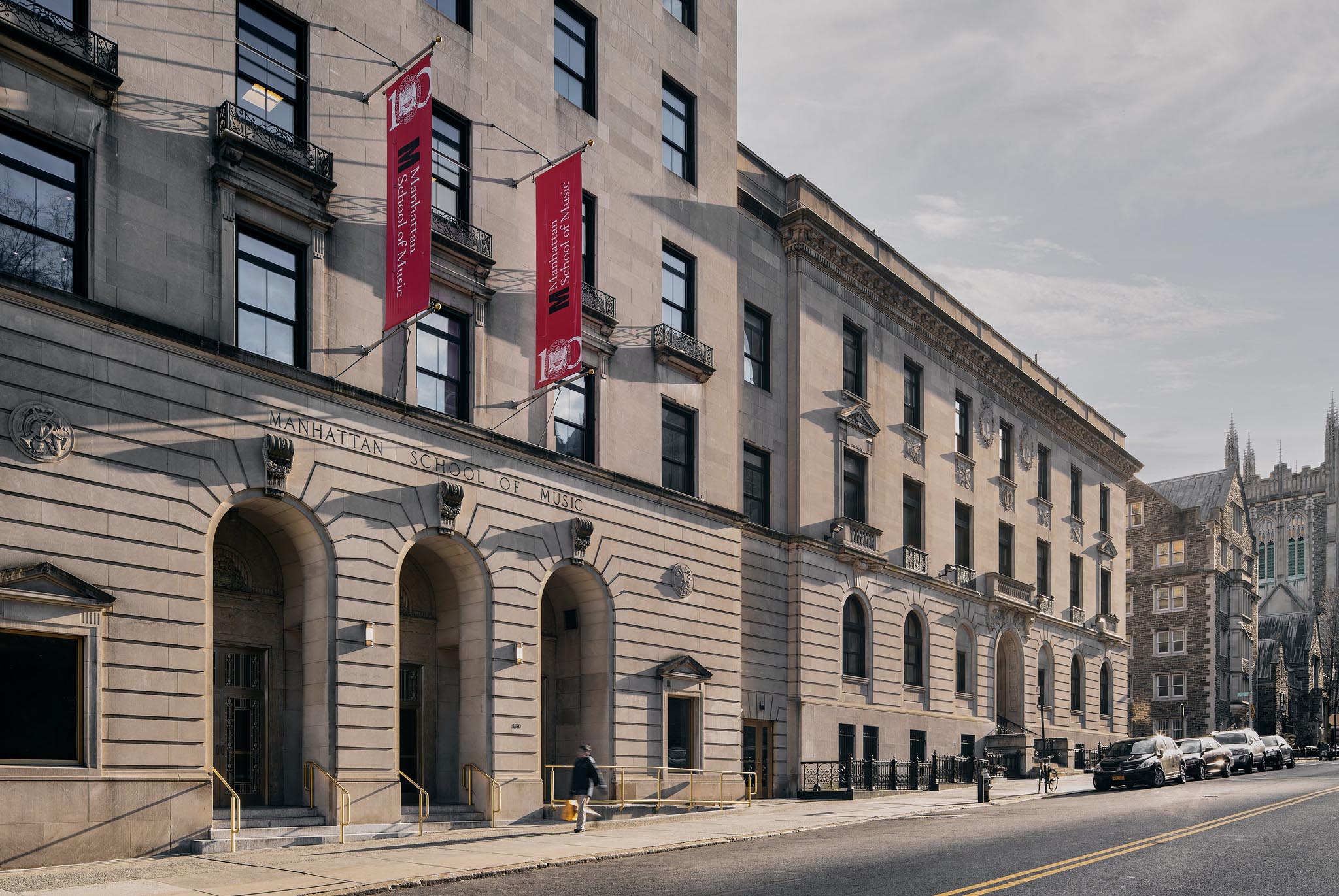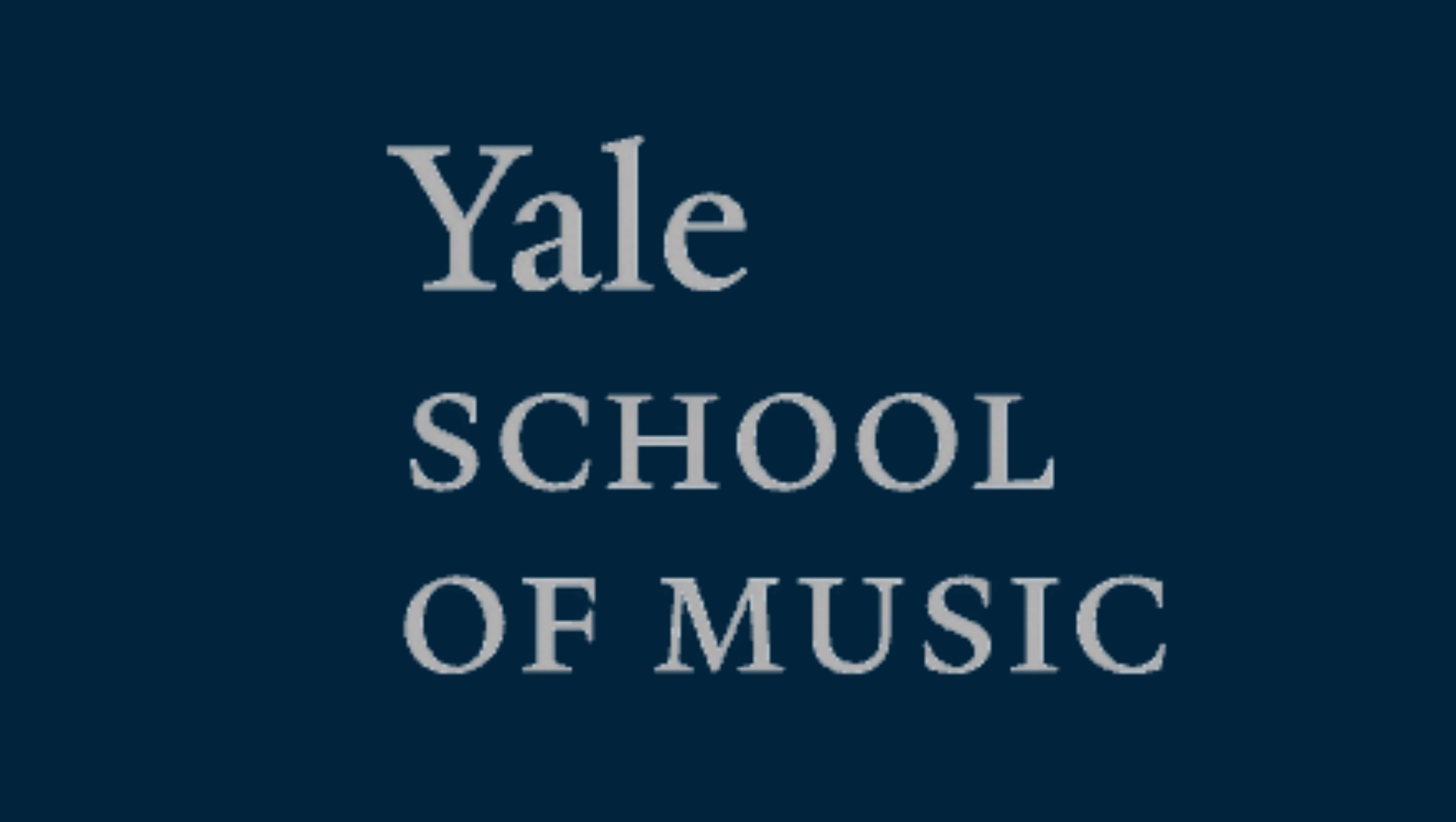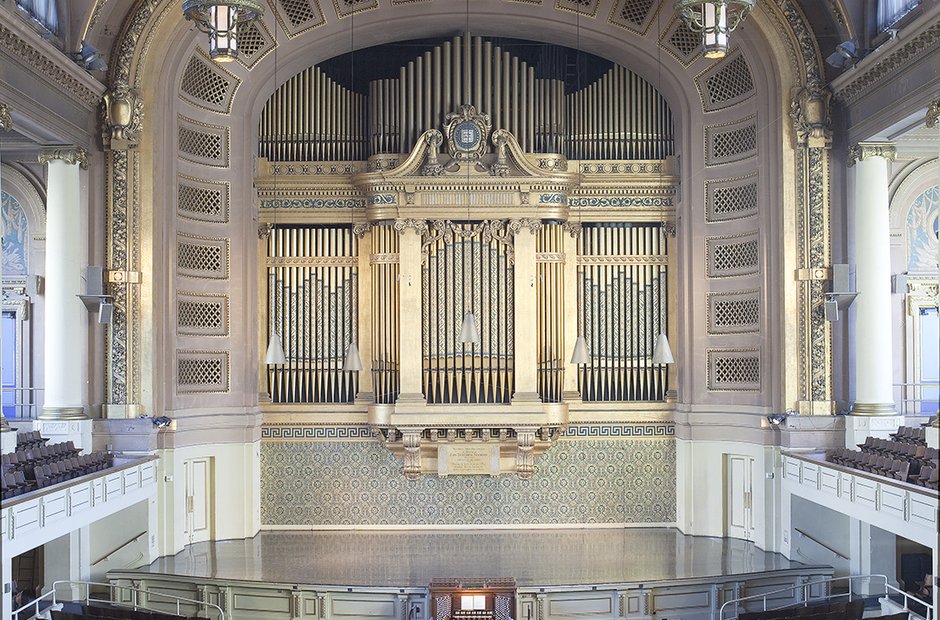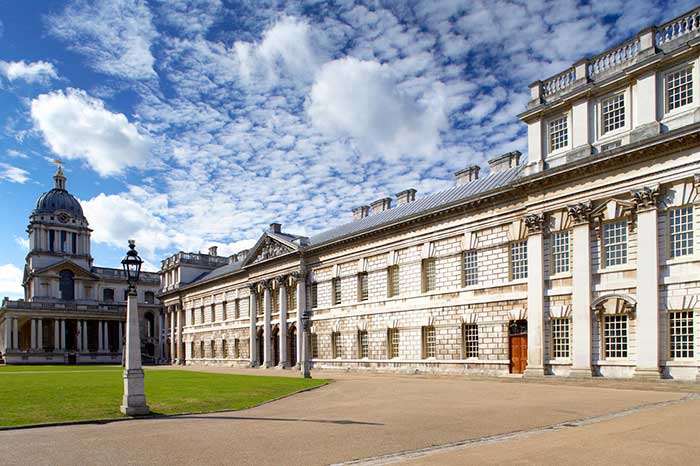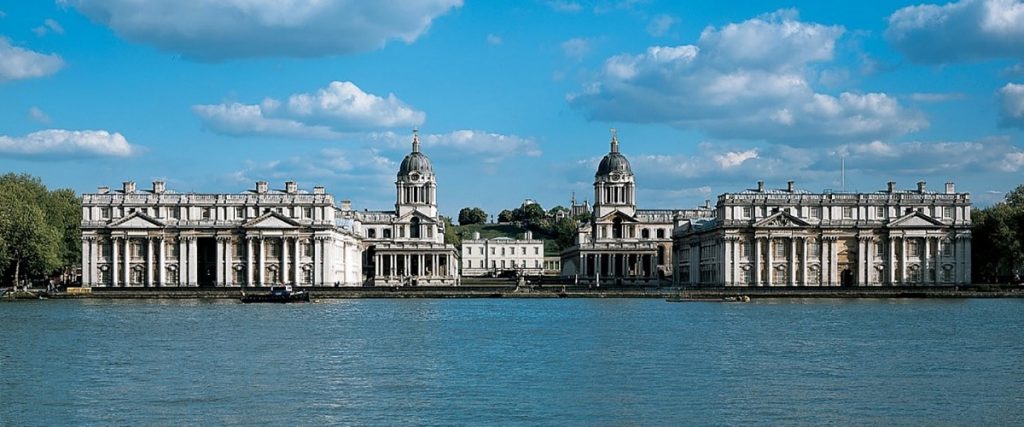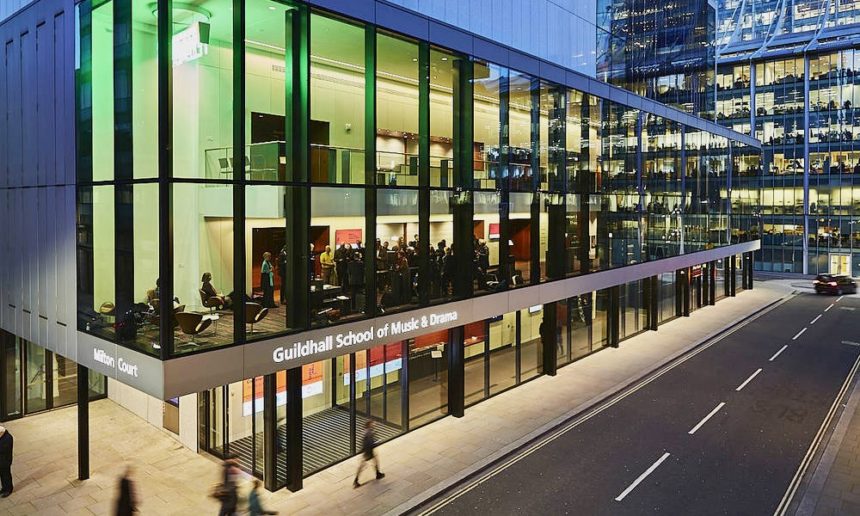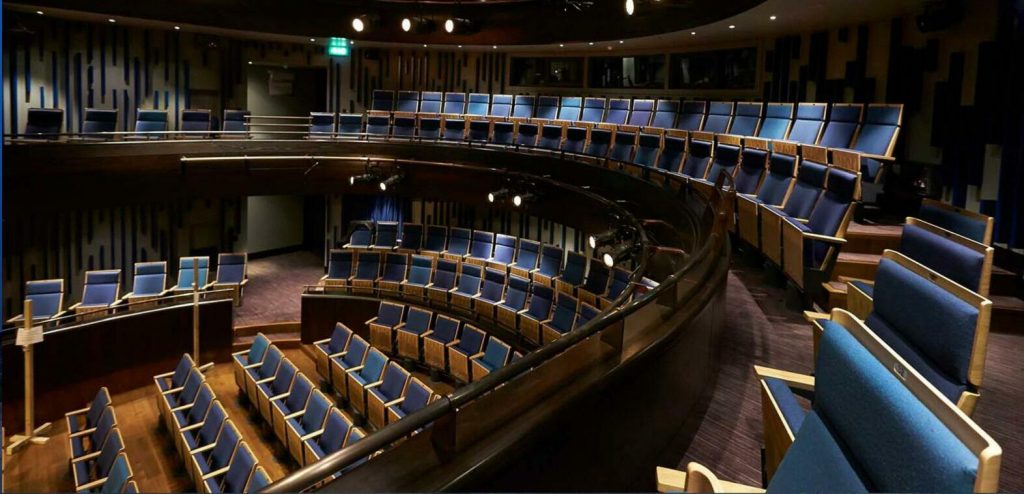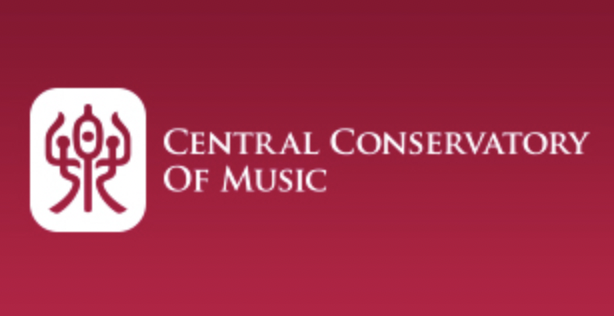Manhattan School of Music
Elite education in an intimate environment
Top Classical, November 2021
Founded in 1918, the Manhattan School of Music is a music institute in New York City dedicated to the personal, artistic, and intellectual development of its students, training them in performance and composition. With humble beginnings as a small community music school, the School is now a renowned conservatory for classical music, jazz and musical theater. Located in the Morningside Heights neighborhood of New York City, it has over 500 undergraduate students and offers undergraduate and graduate and doctoral degrees in voice, instrumental performance, jazz, and composition; graduate degrees in accompanying, orchestral performance, and contemporary performance and a doctorate in accompanying.
Under the leadership of Marta Istomin, president since 1992, the School employs a superb artist-teacher faculty of 250 professional musicians, and is also an active presenter of more than 400 public performances. Manhattan School of Music’s faculty is made up of members of New York City’s leading performing institutions–the New York Philharmonic, Metropolitan Opera, New York City Opera, Chamber Music Society of Lincoln Center etc.–as well as acclaimed soloists and chamber musicians.
Scores of alumni have made it big in the music world, including classical composer John Corigliano, who has won a Pulitzer Prize, five Grammy awards and an Oscar, as well as actor and composer Harry Connick Jr., who has sold over 28 million albums worldwide.
Receiving education at such great standards is not available for everybody. Admissions are very selective and the entrance fees are high. In fact a recent study concluded that Manhattan School of Music’s overall typical net price combined with high quality education results in a slightly lower value for the money when compared to other colleges and universities in New York. The intimate environment is very appreciated by the majority of the students. However most of them reported problems due to the low number of rehearsal rooms given the number of students.
About the education program, even though nobody would argue that it is rich and solid, some voices claim that it might be too restricted letting no space for artistic freedom and creativity. Alexa Smith, Chief of Staff and Assistant Vice President of Special Initiatives at Manhattan School of Music, believes that more space should be given to art in the music programs: “There is room for more art in our music programs. We ask our students to learn from one another. We ask our orchestra members and opera casts to grow from their interactions to produce highly creative art. But if we do not come to the stage with equal liberation, this concept is not possible. Artistic liberation comes from a shared idea of what matters. Free expression and interpretation matter. Technique matters. And the person whose music you are singing or playing matters.” All in all, Manhattan School of Music is and will always be one of the best music institutions every undergraduate would love to attend.

